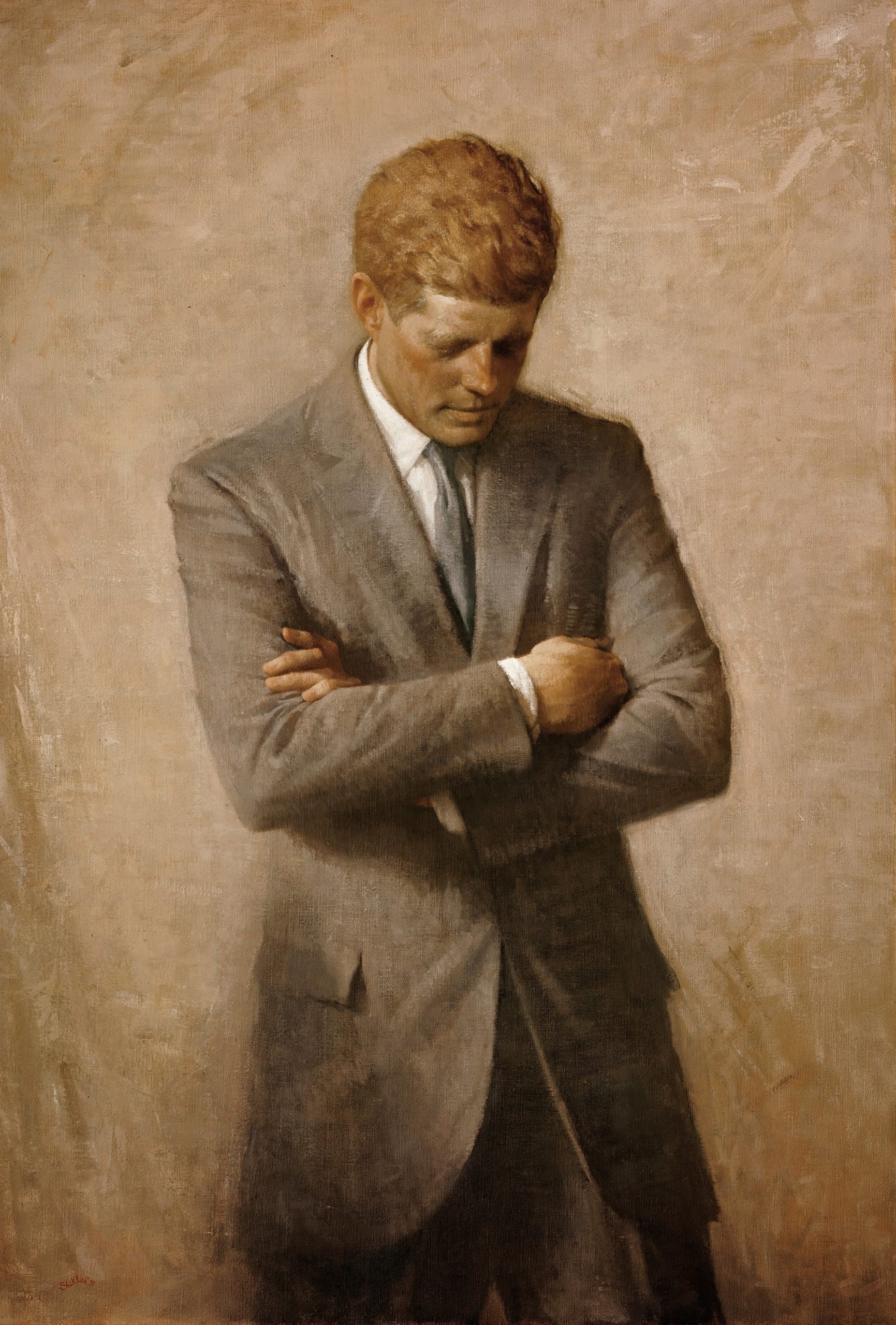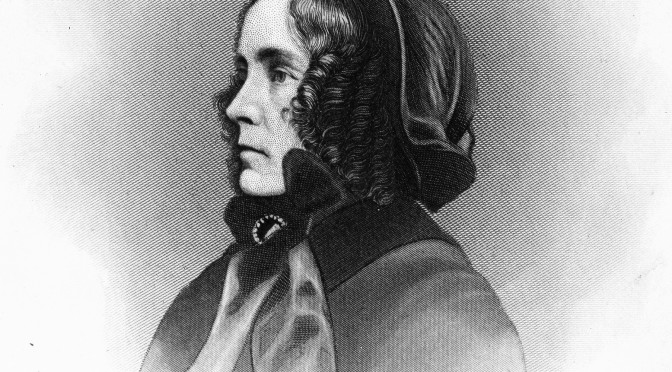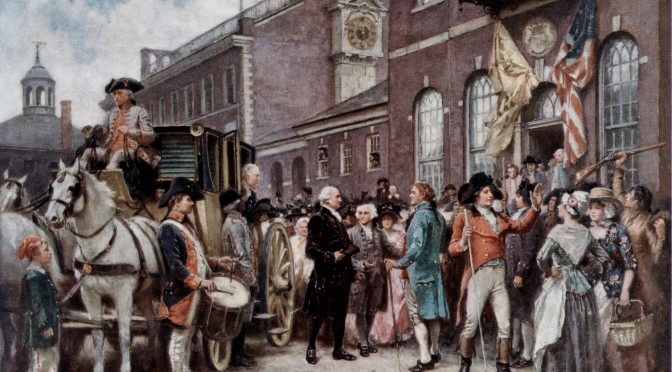I originally published this piece as a “note” on Facebook on the 100th anniversary of President Kennedy’s birth. Facebook has now discontinued notes and is even deleting many of them, so I am moving this edited version to American Path[o]s.
Some lines are so good that people freely use them, without apology, to adumbrate their own writings. So, I begin by stating that Don Delillo once incisively described the John F. Kennedy assassination as “seven seconds that broke the back of the American century.” I tip my hat to Mr. Delillo and to this sad, wonderful, and accurate metaphor. I use it here with gratitude, but without permission.
Tomorrow, May 29, 2017, marks the 100th birthday of John Fitzgerald Kennedy, the 35th president of the United States. That Kennedy was a deeply flawed person from a deeply flawed family is now well-established. Since the rest of us do not live in the public eye, the idea that we are also deeply flawed people from deeply flawed families may escape us. As with most history, central to any effort to understand the period between January 20, 1961 and November 22, 1963 is the need to move beyond the personal. If we are to understand Kennedy and his times, we must transcend the foibles of his life and the passion of his death.
Though I have a lifetime interest in his assassination, I have never really been a Kennedy groupie, as some are. I do think, though, that the extremes—the heartbroken hagiographers (who insist on viewing his legacy through their pain) on one end, and the right-wing Kennedy haters (who insist on viewing his legacy through their love of military aggression) on the other—have done the history of his 1,036 day presidency a disservice. I have thought a great deal about the “middle ground” between the extremes over the years, and I here present a few casual conclusions.
1. Kennedy loved the United States. Today, hating the United States is almost required for entry into certain parts of the political arena and is required for entry into parts of academia. It can also ensure you a place at the best cocktail parties. Kennedy would have rejected this out of hand. There is every reason to conclude that he was deeply patriotic and that he thought the United States a worthwhile nation that had many reasons to be proud of its history.
2. Kennedy was a pragmatist. I do believe that Kennedy was more than prepared to invade Cuba to remove Soviet missiles in 1962. I also think he understood that this would have grave consequences and that he had a responsibility to prevent those consequences if possible, short of allowing the missiles to remain. We now know that the Soviet Union had tactical nuclear weapons on hand in Cuba and was prepared to use them to slaughter American invasion troops, so, (though he obviously gets no credit for acting on things he did not know) the invasion would likely have resulted in global thermonuclear war. He was, at least, thinking ahead, instead of merely trying to prove how tough he was.
3. Kennedy evolved. On civil rights, on intelligence, on containment, and on other matters, Kennedy showed a tendency to evolve in his thinking. There is evidence he took experience personally, tried to gather as much information as he could—from all sides—and, when necessary (or expedient), grew.
4. Kennedy understood television. I teach my students that it was the shaming effects of television, more than many other factors, that helped move civil rights ahead. Kennedy had an inherent feel for this. He knew how Ole Miss and Wallace and the fire hoses and the German shepherds looked to the rest of the country, and he knew that the old, oppressive systems were no longer sustainable in the television age. Understanding the power of media is not a moral trait, but it might be a desirable trait in a leader. I leave it to others of a more statistical bent to determine whether Kennedy, as president, could have secured the Civil Rights Act of 1964, but I do maintain that he was sincere, if tardy, in his support of it.
5. Kennedy was a cold warrior. When I was at the University of Tennessee, history professor Dr. Jonathan Utley (brother of one-time NBC reporter Garrick Utley) often discussed this in my classes. Today, some marginal historians and (especially) left-of-center assassination researchers, tend to portray Kennedy as a hero of world peace (or their vision of it, anyway). This is far from accurate. Kennedy believed in the projection of American power. This, of course, had good and bad results, but he believed in it. That he embraced the essential pillars of the post-war world: the Truman Doctrine, Containment, the domino theory, monolithic communism, etc., cannot be seriously challenged, though he, more so than some, had a deep aversion to blowing up the earth.
I think an honest assessment of the Kennedy years would bear out all of the above conclusions, vague as they are. I conclude, therefore, that John F Kennedy was a good president and a patriotic and effective leader. He was not a great hero, but few of our great heroes could survive the post-modern (and largely post-American) scrutiny of this age.
For two years and ten months and two days, the United States had at the helm a witty, intelligent, and surprisingly tough leader who openly embraced his learning curve and his mistakes. Whether great or not, I do believe that he aspired to greatness, and I think the thwarting of that effort is, and forever will be, one of the great tragedies of American history.
Kevin T. Brewer
May 28, 2017


